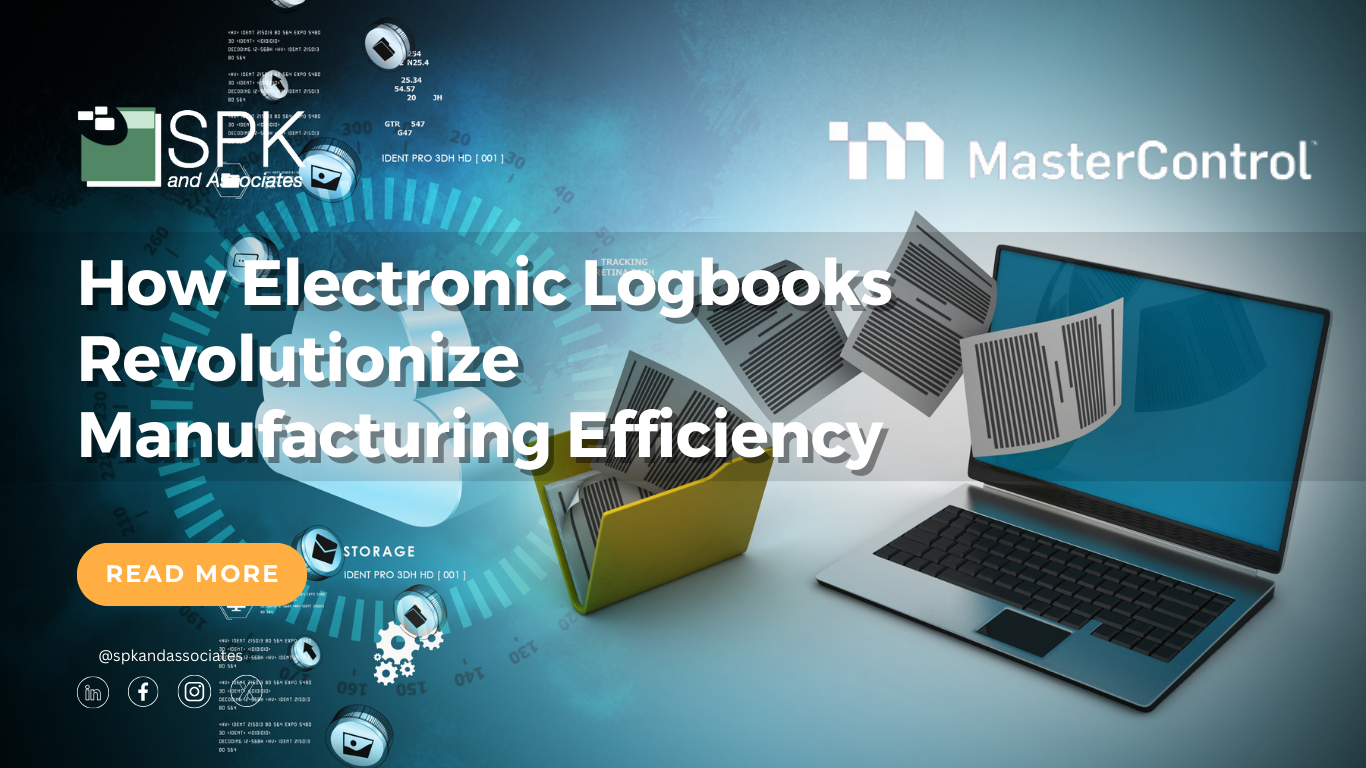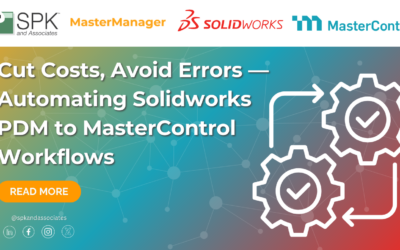Paper logbooks have been used for years to store important business information. In the digital age, many businesses are switching over to electronic logbooks. Electronic logbooks are digital systems designed to record, store, and manage log entries. These log entries include information such as event and transaction records and maintain a traceable, chronological account of business operations. They are especially beneficial for the manufacturing industry. Let’s explore the key features of these electronic tools.
Key Features
Digital Entry and Storage
Data is electronically input, and then stored making it easily accessible and searchable.
Automated Data Capture
Electronic logbooks can integrate with other systems and devices such as GPS to automatically capture and log data. This reduces manual entry errors.
User Authentication and Access Control
Only authorized users are allowed to make entries or access the logbook.
Timestamping and Audit Trails
Electronic logbooks automatically record the time, date, and user details of each entry, providing a transparent audit trail for accountability.
Data Integrity and Security
Encryption and other security measures protect data integrity and prevent unauthorized access.
Search and Reporting
Advanced search functionalities and report generation allow users to easily find and share data, enhancing analysis and decision-making.
Compliance and Regulatory Support
The accurate and reliable record-keeping system helps maintain compliance with industry-specific standards.
These features are beneficial to a multitude of industries such as manufacturing, transportation, healthcare, and research. Specifically, the manufacturing industry benefits from the monitoring of production processes, equipment maintenance, and quality control measures, which provide data to improve operational efficiency and traceability.
Benefits of Electronic Logbooks for Manufacturing Efficiency
There are many benefits of utilizing electronic logbooks for businesses in the manufacturing industry. These are:

- Integration: Electronic logbooks can integrate with manufacturing equipment and other manufacturing systems like ERP and MES to facilitate seamless data flow and log data in real time.
- Enhanced Accuracy: Electronic logbooks reduce human error from manual data entry, providing reliable logs.
- Improved Efficiency: They streamline the process of logging, saving time for users.

- Better Compliance: Accurate records ensure regulatory compliance with industry regulations and standards
- Data Accessibility: Facilitates easy access to log entries from anywhere, improving collaboration and allowing for immediate analysis and decision-making.
- Environmental Impact: Reduces the need for paper, contributing to environmental sustainability efforts.
- Advanced Analytics: Electronic logbooks provide advanced analytics tools to analyze logged data, identify trends, and uncover insights for process optimization.
Now that we have explored the many benefits of an electronic logbook, let’s discover the benefits of MasterControl’s newest logbook software.

Implementing an Electronic Logbook with MasterControl
As displayed in the video, MasterControl offers a wonderful logbook software solution. It is easy to use and enhances data accuracy, efficiency, compliance, and accessibility for manufacturing companies. Additionally, MasterControl’s logbook software allows users to maintain detailed and reliable records which helps streamline operations. If you would like to implement an electronic logbook from MasterControl, our experts can help. Contact our experts today to learn more or get started.







